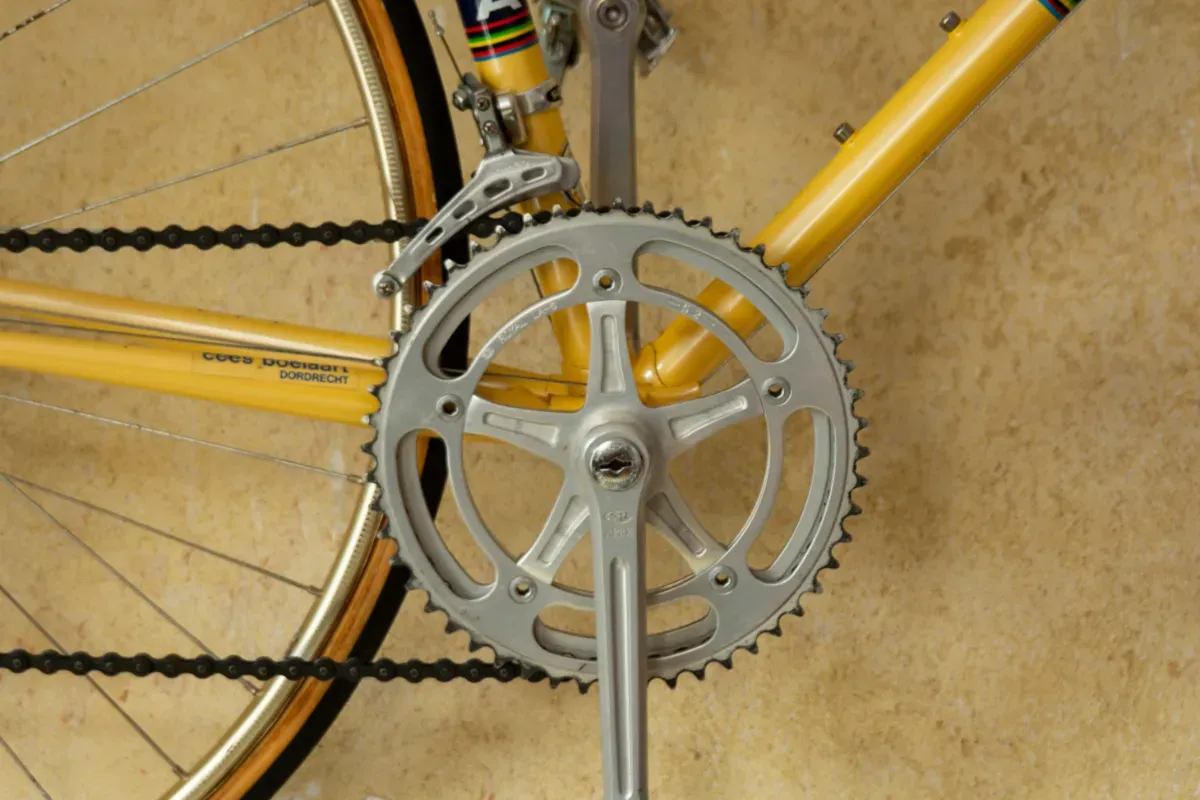Me Against Them: Theft, Resentment, and the Stuff I Wanted

The Seeds of Bitterness
When we moved to Blaenymaes, Swansea, back in 1962, I thought we’d hit the big time. Coming from the grimy terraces of Port Tennant, this new council estate looked posh to my eight-year-old eyes. The houses were newer, cleaner. People had cars parked outside. To me, that meant one thing: they had money.
Course, they weren't rich. Not really. They were just ordinary working families who managed their money better than mine ever did. But when you're a perpetually hungry kid from a chaotic house, even a decent pair of shoes or a bike in good condition looks like a treasure. A well-stocked shed? That was gold.
That's where the resentment started to grow. Not the playful mischief kind, but something darker. A real bitterness towards people who had things I wanted. And worse, a creeping belief that I was entitled to take them.
Taking What I Wanted
Most of my little raids happened after dark. Winter nights in Wales were pitch black by five, but I’d wait until later, when the streets were properly quiet. We were largely unsupervised anyway, free to roam the estate without anyone much caring what we got up to.
I’d slip into neighbours' outhouses and garden sheds, taking whatever caught my eye. Not to sell or trade, just to have. The thrill wasn't about the money; it was possession. Here were things I could never hope to own: sea fishing rods and reels, a bow with metal-tipped arrows, a diving mask with a snorkel and flippers.
My logic was simple. They had more than they needed. I had nothing. So taking from them was just… evening the score.
I even nicked an electric drill once and sold it to Brian across the road. That almost felt legitimate, like I was running a business instead of stealing from my neighbours. More on Brian later.
The Washing Line Raid
Clothes were another target. We didn't have many, so anything on a washing line was a chance for a new wardrobe. One night I stuffed a bunch of damp jumpers under my sisters' mattress to dry them out. Problem was, I forgot all about them until a furious neighbour turned up at our door with my sister Violet in tow wearing one of the stolen things.
My father didn't even blink. He told the woman our dogs must have dragged the clothes in.
That lie didn't surprise me. It was just how our family worked.
Family Business
My father was, in a lot of ways, complicit. He’d accept my increasingly daft explanations for new acquisitions without a word. The fishing gear? “Found it in an old boat down the docks.” The bow and arrows? “Found them in the woods.”
He did take the bow and arrows off me, which I suppose was a flicker of parental responsibility. But mostly, he saw my activities as a handy way to top up the household supplies.
It became crystal clear when I brought home a stolen bike. Technically, I hadn't nicked it myself. Some kid whose name I've long forgotten had pinched it near the Mettoy toy factory. Since his dad wasn't the type to let it slide, I took the bike off his hands.
I rode it home and told my father I’d “found it.” He didn't ask questions. Instead, he told me not to ride it for a few days while he “sorted it out.” Sorting it out meant changing the handlebars and repainting the frame. Just enough to make it unrecognisable.
The Mindset
Looking back now, I feel a real shame about what I did. These weren't harmless pranks. They were proper crimes that hurt my neighbours. People who worked hard for their things and deserved to keep them.
But back then? I didn't feel any guilt. It was just me against them. Them with their bikes and their garden tools and their full cupboards. And me, with nothing except what I could take.
The resentment felt justified. They had things I wanted, and I saw no reason why they should have them while I went without. The fact they’d worked for those things, saved for them… none of that entered my head. All I saw was unfairness, and theft seemed the obvious answer.
It’s a mindset that, once it gets hold of you, is easy to keep. Every successful raid proved the point: they didn't miss what I took, I was better off for having it, and the world felt a tiny bit more fair. At least, it did from where I was standing.
That's how a kid's sense of injustice grows into something much more dangerous. Once you convince yourself you're the victim, almost anything you do starts to feel defensible.
Title Photo by Jeremias Radny on Unsplash